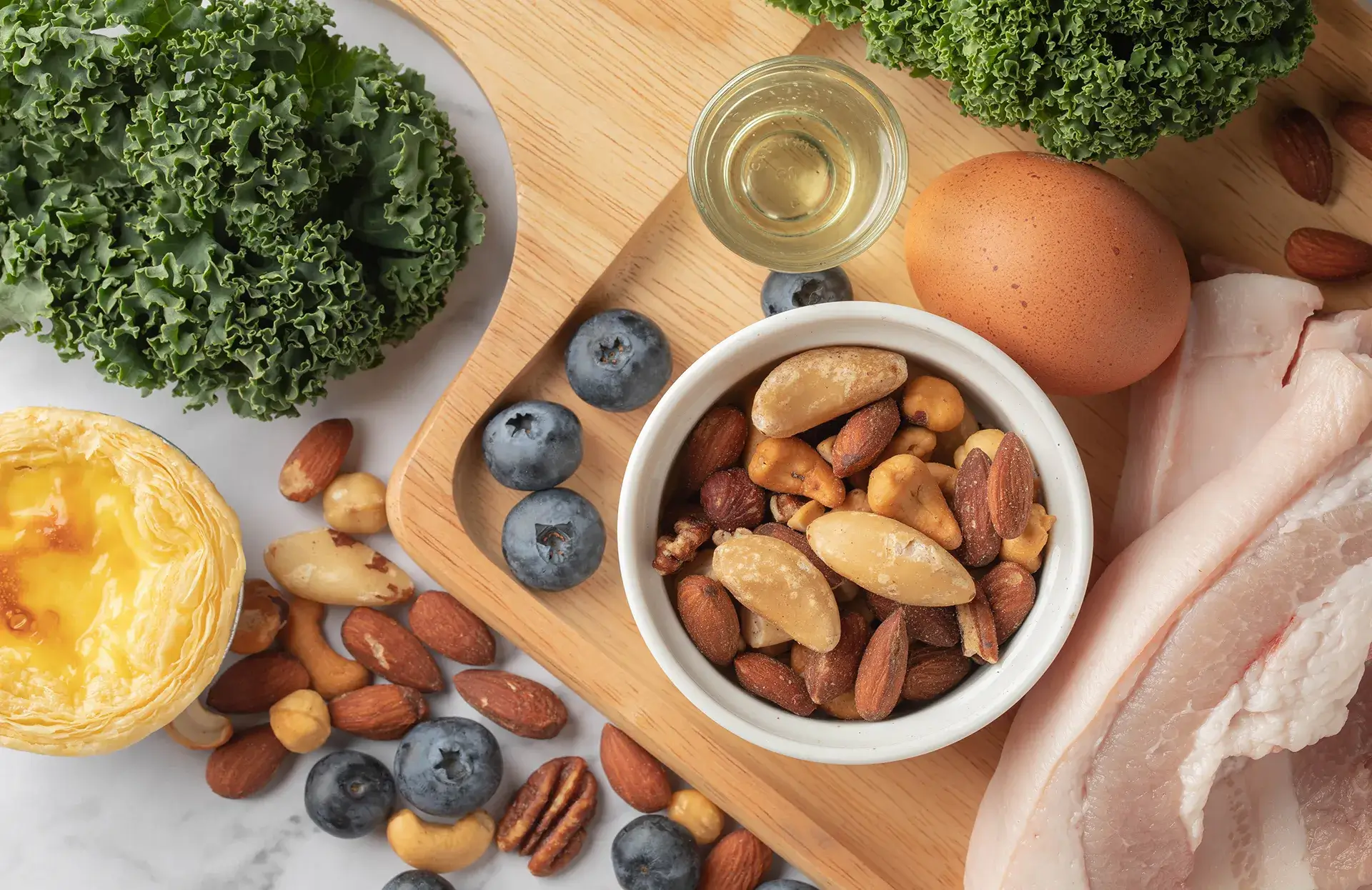Ways to increase your probiotic intake while on a plant-based diet
If you are a vegan or one who is on a plant-based diet or prefer to avoid animal-derived food products, then dairy-based probiotic food like yoghurt may not be very appealing to you. Worry not! While yogurt is one of the most popular dietary sources of probiotics, there are still several other multicuisine options that you can explore to get your daily quota of probiotics.
Plant-based foods that are also a good source of probiotics
Here is a list of some of the best plant-based foods:
- Kimchi: This spicy Korean side dish is prepared by fermenting cabbage. It is rich in lactic acid bacteria that keep your gut healthy.
- Miso: The traditional Japanese seasoning is made by fermenting soybeans with salt and a koji (a type of fungus). Alternatively, it can also be made by mixing soybeans with other ingredients, such as barley, rice and rye. Not just probiotics, it is also a good source of protein, fibre and vitamins.
- Kombucha: Sip on a Kombucha while on your tea-break. This black or green tea drink is fermented by bacteria and yeast and consumed widely in Asia. It possibly has probiotics that provide health benefits.
- Pickles (gherkins): Cucumbers pickled in salt and water are low in calories but high in probiotics and vitamins.
- Natto: Natto too is a Japanese dish made by fermenting soybean. This rich source of probiotics, proteins and vitamins helps you keep your bones strong and provides overall health benefits.
While probiotic-rich foods are a good option for vegans, you may not always find time to prepare them or like their taste. During such times, probiotic supplements may be helpful. It is important that you first check the probiotic supplements you take with your doctor or nutritionist.
Bottom line
Fermented vegetables are good source of probiotics and can easily be included in a plant-based diet. They not just provide probiotics, but also proteins and vitamins to support overall health.
